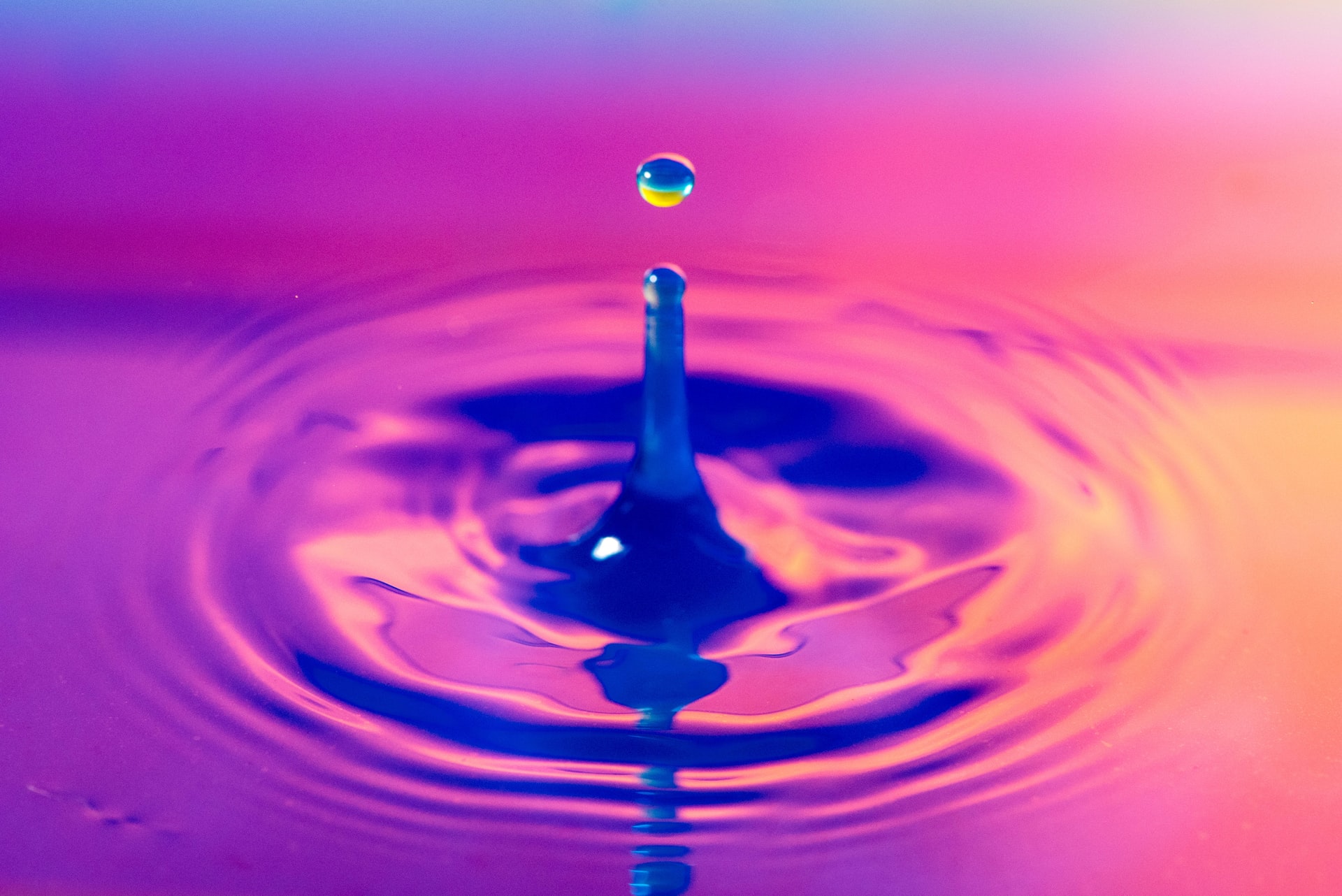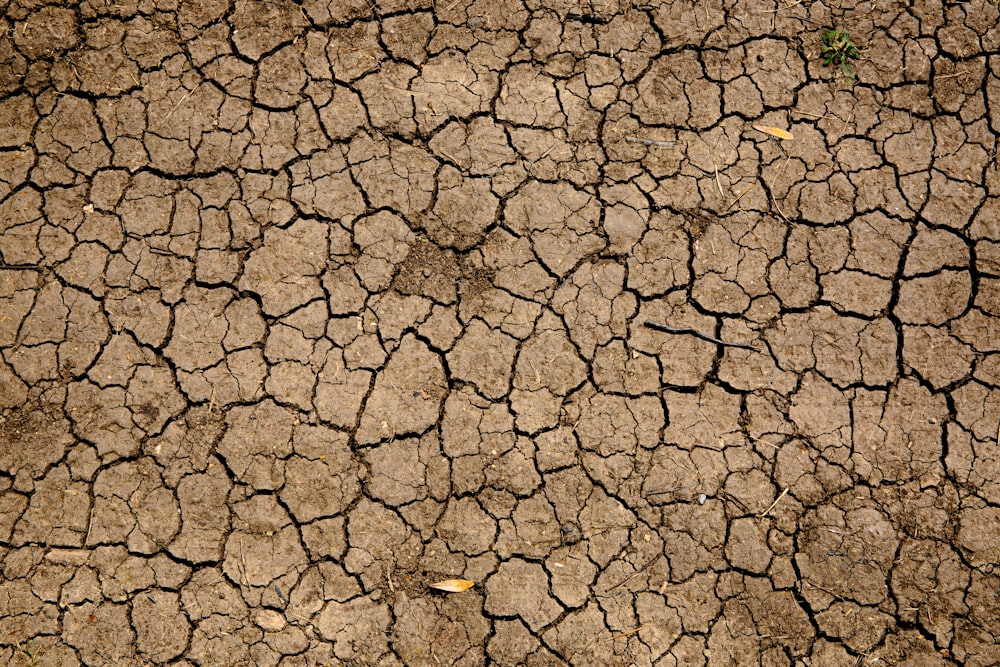Drought Safety: Tips on Saving Water

Southern California and a majority of the southwest is currently going through the worst drought on record. Although it’s normal for these desert areas to see less rainfall than other places in the country, wildfires and decreased rainfall created more challenges in recent years.
A Year of Record Droughts
2021 is shaping up to potentially be the driest of all of the drought years in the last century. As of early July 2021, more than 93% of the land in seven Western states is in drought conditions, and nearly 59% of the area is experiencing extreme or exceptional drought, according to the latest figures released by the U.S. Drought Monitor.

The droughts that Southern California and the southwest are facing are getting more severe because human impact on our planet. Referred to as an anthropogenic drought, water stress is caused by human activities, including increased demand, growing emissions, increased energy usage, intensive irrigation, and more.
How to Save Water During a Drought
Luckily, there are many solutions that can help us mitigate the impacts of future droughts. There are also actions we can take to save more water at home during these dry seasons.
Here are 7 ways to save water at home:
By installing a low flow showerhead and cutting your shower time to 5 minutes you can reduce your water usages and the CO2 emissions by 70-80% savings thousands of gallons of water and hundreds of pounds of CO2 emissions a year. And remember, taking a bath doesn’t necessarily help! According to the U.S. Environmental Protection Agency (EPA), a full bathtub requires about 70 gallons of water, while taking a five-minute shower uses 10 to 25 gallons.
Full loads of laundry only!
By simply reducing the number of loads you wash each week, you can significantly save water, energy and money. A typical household can save 3,400 gallons of water a year by running full laundry loads instead of half loads, according to the U.S. Department of Energy. Given a national average of $1.50 per 1,000 gallons of water, that’s an annual savings of $5.15 from just the water in the washing machine over the course of a year.

Turn the water off!
By turning your water off when brushing teeth, you can save approximately 10 gallons of water in just a day! Turn water off while washing your hair and save up to 150 gallons a month. The average American washes his or her hands nearly 9 times per day. If you follow guidelines to scrub your hands with soap for at least 20 seconds, you could save at least 6 gallons per day by turning off the tap while you scrub.
To help you save water even more, you can install water-saving devices, like high-efficiency toilets and clothes washers.
Avoid Waste
If you need to let your shower run for the water to heat up, put a bucket under the shower head to collect the water to use for things like watering plants! You can also use that collected water and/or a broom to clean your outdoor areas instead of using a hose to spray everything down.
Full dishwasher loads only!
By running your dishwasher only when it’s completely full, you can actually have a greater environmental impact than hand washing dishes. According to Energy Star, if you are preparing at least two meals a day for a family of four, you could save more than 75% in energy and water costs by running your dishwasher instead of hand washing your dishes.
Fix leaks ASAP!
If the sound of dripping water drives you crazy, all the more reason to get any leaks fixed as soon as possible. As annoying as it sounds to have a leak, just imagine how much water is going to waste if you just let it keep dripping. The average household’s leaks can account for nearly 10,000 gallons of water wasted every year and ten percent of homes have leaks that waste 90 gallons or more per day.

Donate!
Resources like Pacific Institute are using the money from donations for research and action to help California and the southwest. If you’re not necessarily in control of the resources of conservation of resources around you, donating is another great way to make a difference.
These simple actions can help us live better for the sake of our planet home. If you are living in an area impacted by droughts, we hope you stay safe with the help of these solutions.


Leave a Reply